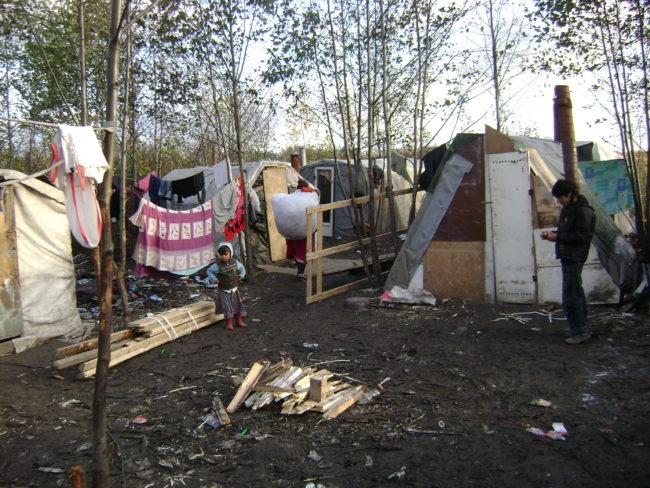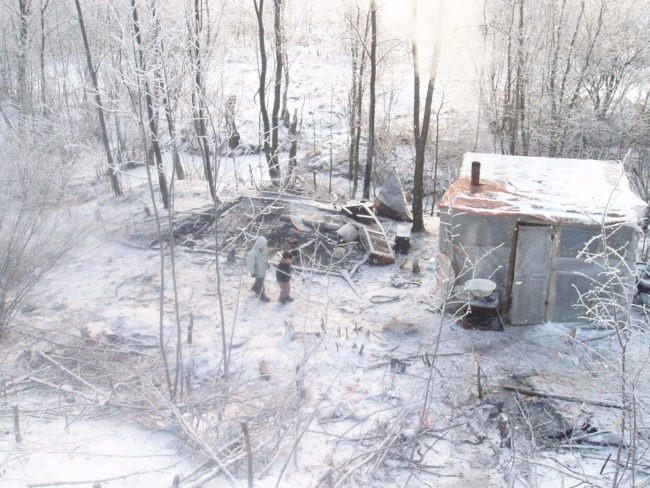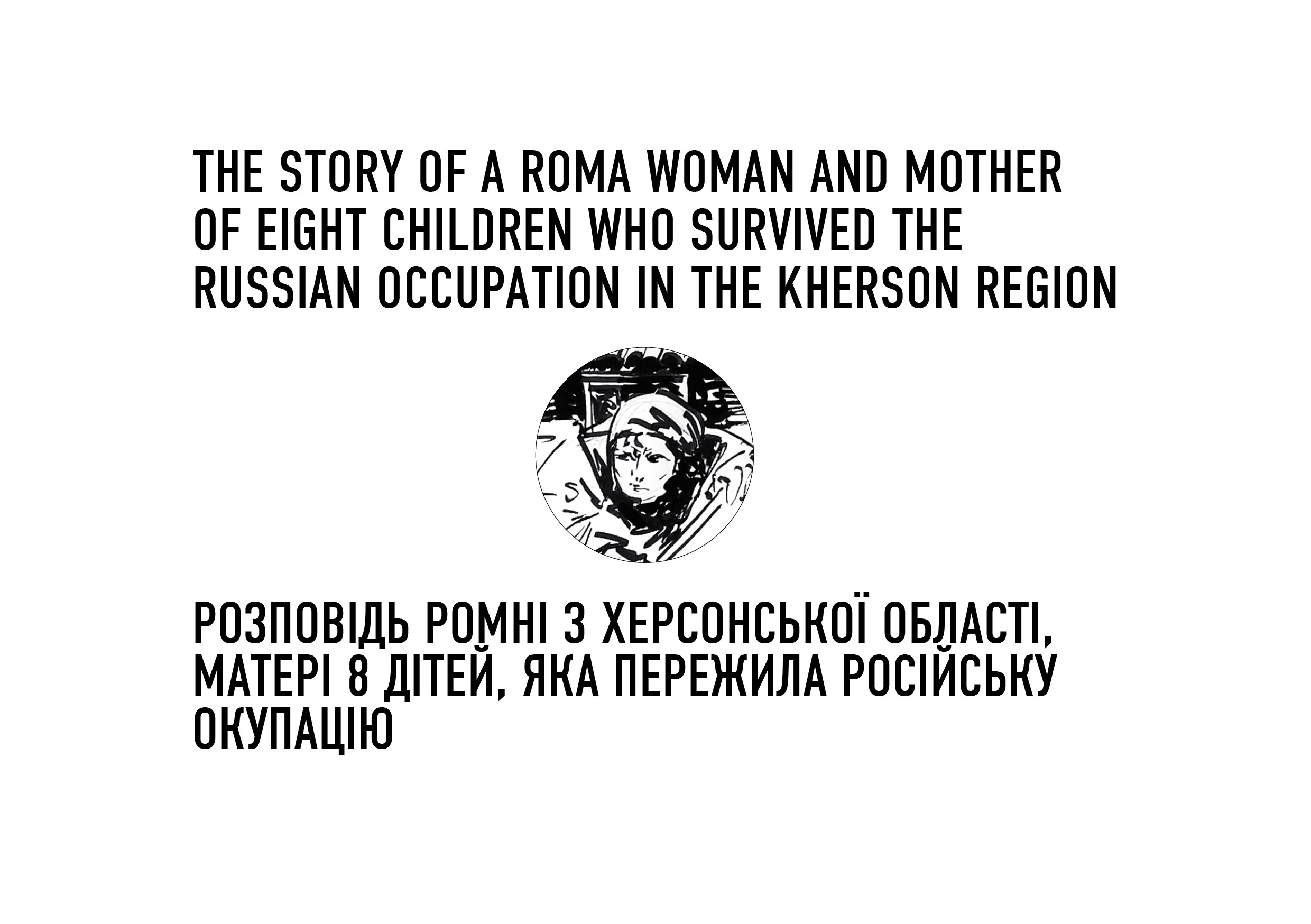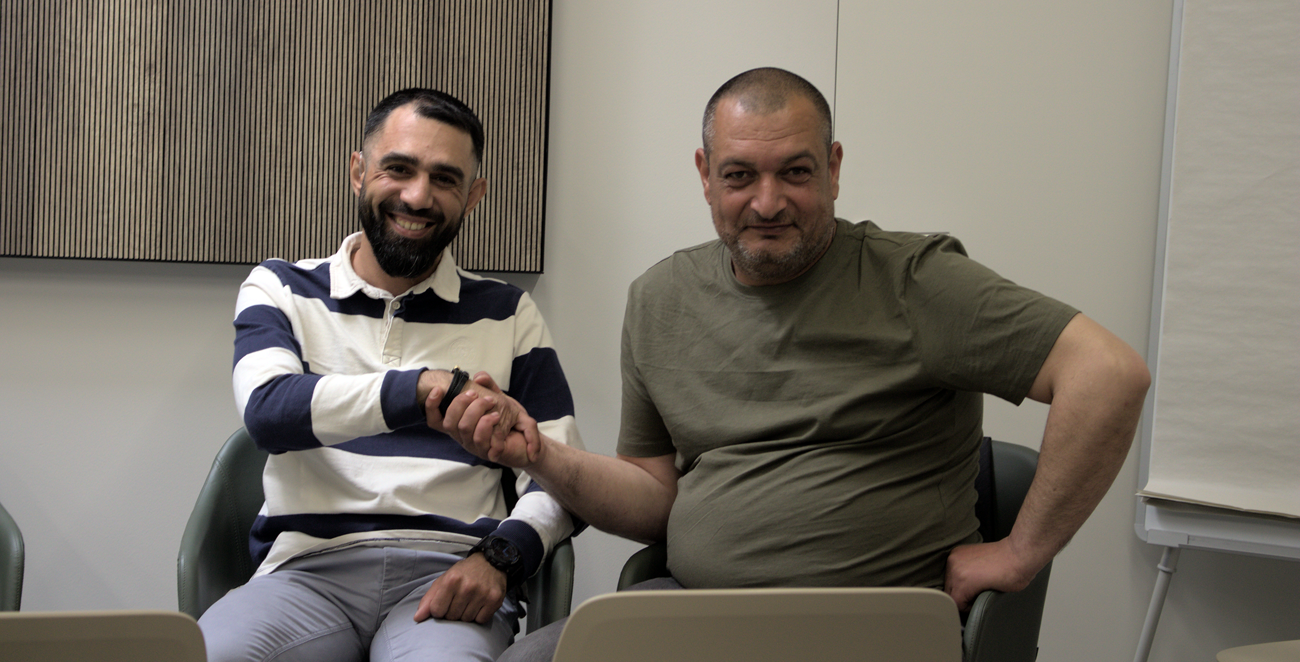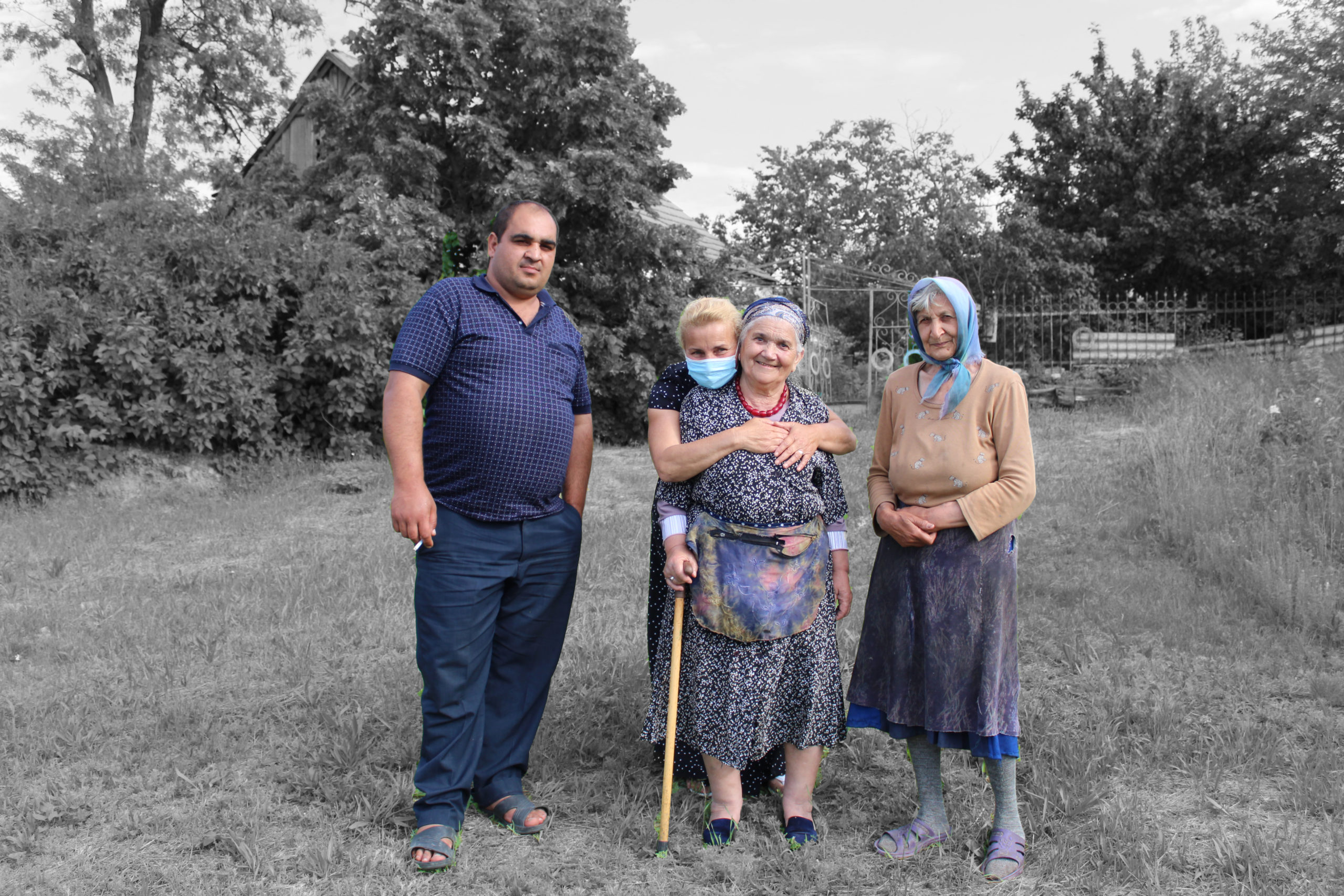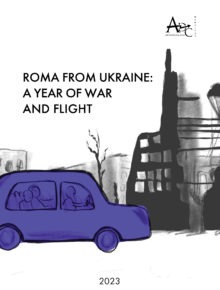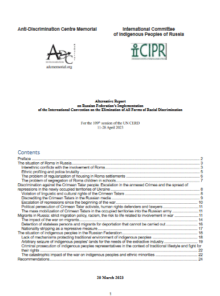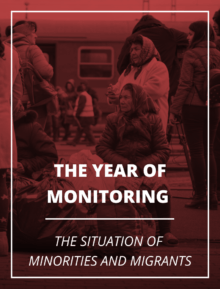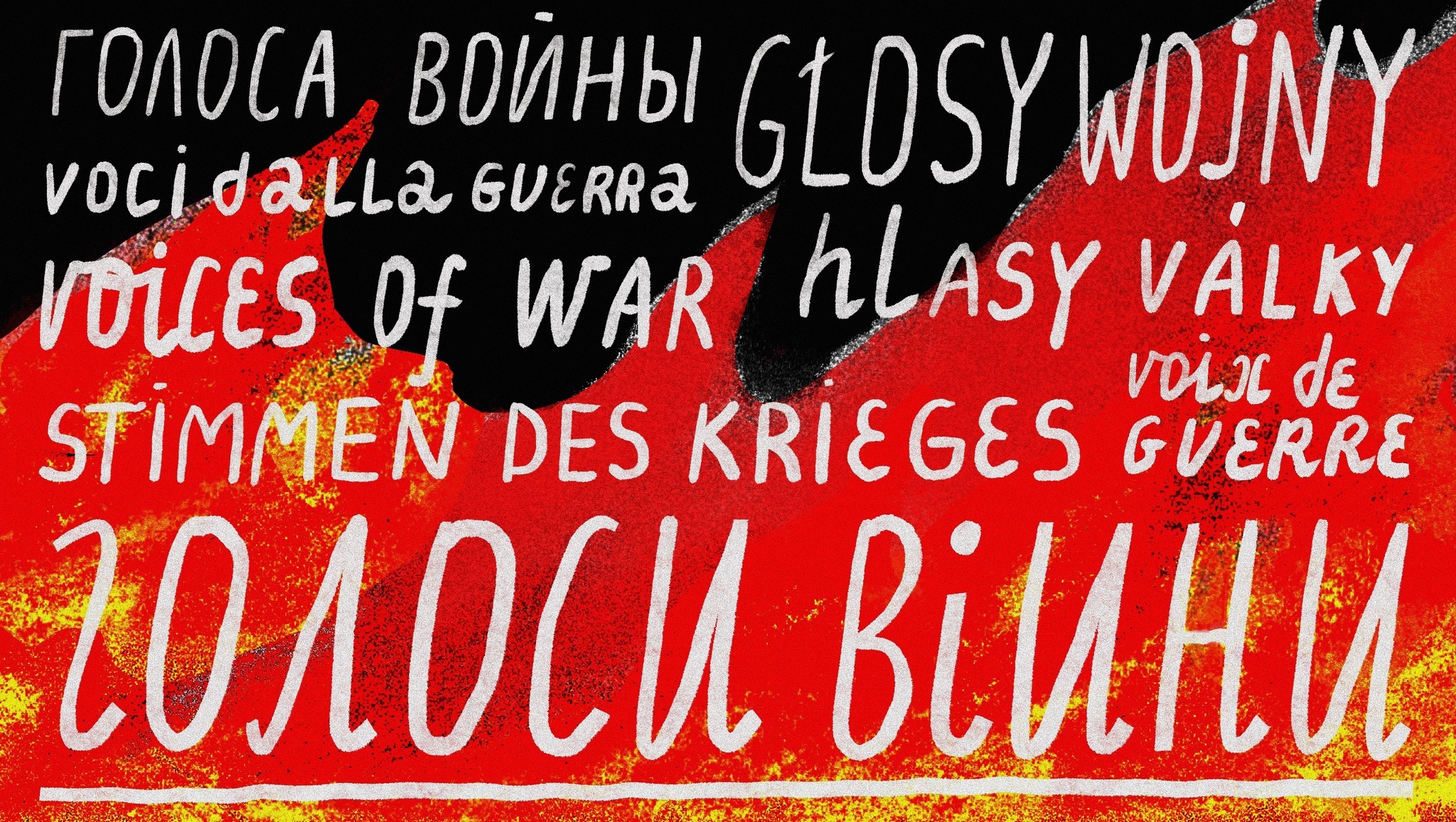April 8 is International Roma Day. This year we want to draw attention to the problems of statelessness and personal documents, which remain pressing for the Roma population. We are publishing several typical stories about the plight of stateless Roma people – our contemporaries living without citizenship, passports, or rights in the digital age, which requires authorization and identification at every step.
Roma people have been living in Europe for several centuries and have not practiced a nomadic lifestyle for a long time, but they make up a significant part of the hundreds of thousands of Europeans who are stateless. The lack of documents and citizenship is often the departure point for the vicious circle of structural discrimination that the Roma constantly face: It is nearly impossible to get an education, official employment, social benefits, or health insurance without being a citizen. While stateless people are invisible to the legal and social welfare systems, they are not to repressive bodies, which have no problem finding them in violation of migration rules and sending them to detention centers for migrants pending deportation. But there is nowhere to deport them.
The Roma minority is at particular risk for statelessness because they move frequently, they often have a careless attitude towards documents, and they do not have enough education to understand bureaucratic procedures. Given that the state does not acknowledge its positive obligation to document the population, the situation of Roma people is exacerbated by racial bias and discriminatory treatment on the part of migration workers, registration bodies, passport offices, and other state agencies.
In our region, the problems of statelessness caused by the dissolution of the Soviet Union have still not been overcome. The independence of former Soviet states, the appearance of new borders and passport control, and the need to turn in old Soviet passports and acquire new citizenship have posed a series of problems for the civil status of people who were born, got married, and had children in republics that differ from the ones they were in when the Soviet Union broke up. The economic hardships of the 1990s forced many Roma to move again and caused new problems with documents.
Anna and Aladar
Ten years ago, in 2011, Russia paid millions of rubles in compensation to stateless people Anna L. and Aladar F. The European Court of Human Rights (ECtHR) reviewed their application as a matter of priority. That was when Russia first acknowledged that stateless people are held in inhuman conditions without any periodic judicial monitoring of their situation or any possibility of deportation, resulting from their lack of citizenship or documents. Over these years, neither Russia, where Anna and Aladar are living, or Ukraine, where they were born, has taken any measures to document them. They found themselves hostage to unresolved systemic problems in Russian and Ukrainian laws, the military conflict between the two countries, a tightening of the border, and the long-standing problems of the Roma minority typical of former Soviet countries.
Anna and Aladar, who are Hungarian-speaking Roma, were born in the late 1970s in Beregovo. This area was part of Hungary until 1945 and then became part of Zakarpattia Oblast, Ukrainian Soviet Socialist Republic. In Soviet times, Roma people worked at local companies and in agriculture, but work dried up with the collapse of the 1990s, and Roma people started to migrate, sometimes as whole families, to large cities in Ukraine, and then in Russia, in search of work. In the 2000s, Anna and Aladar found themselves in a makeshift tent city on the outskirts of Saint Petersburg.
During a police raid in 2009, Anna and Aladar were arrested for breaking migration rules, fined, and sentenced to expulsion from the Russian Federation. They were placed in a police reception center (at that time Russia did not have special detention centers for foreign nationals). The reception center was designed for people sentenced to terms of several days, but Anna and Aladar spent over a year there in inhuman conditions (no hot water, walks, or even sunlight) because they could not be deported to any country. They had no documents or, as it turned out, citizenship: Anna and her family had traveled far from their native city by the time Anna was old enough to get a passport, and Aladar’s Soviet passport turned to ashes in a fire at a tent city on the outskirts of Moscow. Ukraine confirmed that they were born in Beregovo, but did not consider them citizens because they never applied for citizenship in an independent Ukraine.
Human rights defenders from ADC Memorial tried to gain their release in Russian courts. After they exhausted all their options at the domestic level, they submitted a complaint to the ECtHR. In 2011, the Russian government acknowledged that it had violated a number of articles of the European Convention, proposed a friendly settlement, and undertook to pay each applicant significant compensation.
Ten years later, Anna and Aladar still do not have citizenship or any documents. They are again living in the same tent city in an industrial zone. “If we had passports, we would have left a long time ago, we wouldn’t be suffering here,” said Anna. “The police don’t touch us anymore. They know that we can’t leave without documents. We tried to cross [the border with Ukraine] twice, but we were caught there. They beat Aladar and sent me to a center where there were homeless people. Then they sent us back here.”
Daughters-in-law
“Transborder” daughters-in-law are particularly vulnerable to statelessness. These women were given into marriage in a country other than their country of birth without ever having applied for a passport or citizenship in that country. Often the only document these women have is their birth certificate, but sometimes they don’t even have that. Statelessness is handed down to the children of these women – even when their common-law husbands have citizenship, vital records offices often refuse to assign the father’s citizenship to the children.
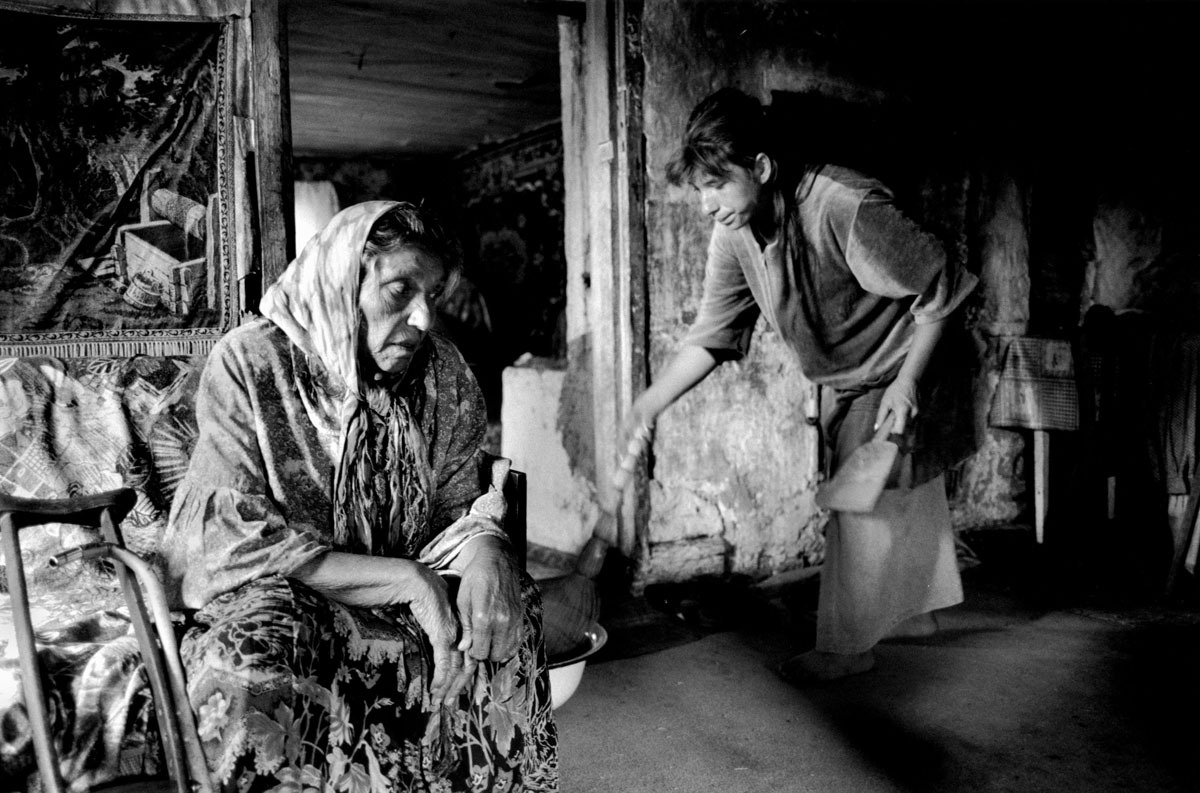
Dilinka
Dilinka Vladimirovna G. was born in Krasnoye Selo (in Leningrad District at the time) in 1973. Her parent’s family moved many times, so her birth certificate was issued in Kazakhstan in 1978. From the late 1970s to the mid-1990s, they lived in Donetsk, where Dilinka married and had children. Dilinka came to ADC Memorial in 2007, when she and her family lived in a Roma settlement in Leningrad Oblast. She had no birth certificate. After repeated requests in the various cities where she once lived, she was able to get a duplicate birth certificate from the vital statistics office in Astana. Then she had to file an application with the Ukrainian consulate to establish that she was not a Ukrainian citizen (it turned out that she wasn’t). Next she had to complete the procedures for establishing identity and permanent residence in Russia and take other actions required for obtaining a Russian residence permit and passport. Her children, who were born in Donetsk, also had problems. We sent queries to maternity hospitals to obtain birth certificates for her sons (born in 1994 and 1996), but she did not know their exact birthdates or the address of the maternity hospital. Her children’s problems were not resolved until they came of age.
Cheremukha
ADC Memorial staff met Cheremukha in Rostov Oblast in 2014 after her family fled the war in Donetsk Oblast. The stories of Roma refugees were part of the report “Roma and War” (2015).
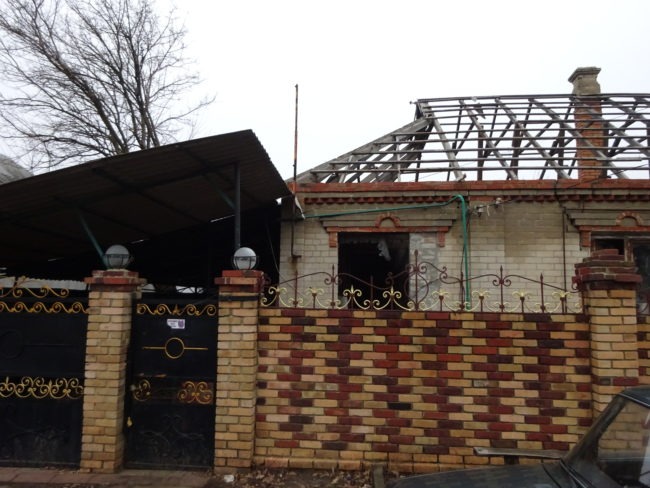
Cheremukha, a young woman from the Kotlyar sub-ethnicity, was born in Russia, but she was given away in marriage to a young man from a tabor in Ukraine’s Donetsk Oblast when she was 15. She lived there until she turned 18, when the military conflict broke out in 2014. She never had the Russian passport she should have had under law or even a birth certificate. As is often the case with Roma families, she wasn’t worried about getting documents, and neither were her parents or her husband’s family: When young women marry, they take care of the home and almost never go out into the outside world. This lack of documents became a serious risk, however, in the emergency situation of a military conflict, when her family decided to evacuate to Russia. The family had to hide Cheremukha among their things in the trunk of their car to get through the numerous checkpoints. They were able to cross the border without anyone noticing Cheremukha. These Roma refugees did not find assistance or support from the state in Russia, and they found themselves in extreme poverty.
Veronika
Veronika was born in 1984 in Aktobe, Kazakhstan. Her family moved many times, and in 1999 she lived in a dense Roma settlement in Tver Oblast. She was given into marriage at the age of 15 in a settlement in Leningrad Oblast, and the marriage was not registered. Veronika’s husband had Russian citizenship, but Veronika herself only had a birth certificate. She repeatedly filed applications with the district police department to obtain a registration at her place of residence and identification to replace her birth certificate, but she was always refused. ADC Memorial attorneys helped her acquire citizenship through court.
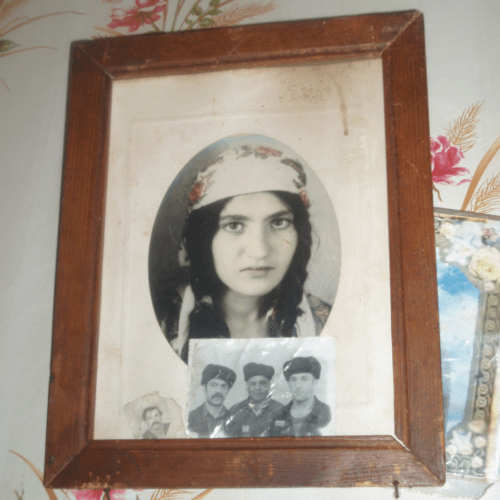
Problems arose when she tried to register her children: Staff at registration offices are often incompetent and act arbitrarily in situations that are complicated from a bureaucratic standpoint. Here are excerpts from a statement her husband made in court: “I am the father of the child Lavanda, born in 2003 to my common-law wife Veronika M. Our marriage is not registered with the vital statistics office because my wife does not have identification or proof of Russian citizenship. Our daughter is our second child. When we registered our first child, who was born in 2001, I was not allowed to put my name in the “father” field on my son’s birth certificate. The district administration refused to register our second child or issue a birth certificate because my wife did not have a passport. It was only after eight months, after we applied to the administration yet again, this time with a lawyer, that we were issued a birth certificate for the child. But I was again not allowed to be listed as the father on the birth certificate because my wife does not have a passport. After consulting with the director of the district vital statistics office on the phone, administration staff made an absurd decision: Because the mother did not have identification, she could not register her child, but she could give another person power of attorney to handle the registration. So I had a power of attorney that I used to register my daughter under my wife’s last name. The fields of “father” and “citizenship” were crossed out. As a result, we have a birth certificate for our child and she received a name and state registration of her birth. But she has essentially been deprived of all the rights stipulated by law. According to her documents, her only parent is her mother, who does not have documents or identification, and she cannot exercise her legal capacity. We cannot receive benefits for her, we cannot register her at our residence, we cannot obtain an obligatory health insurance policy for her, and so forth. And, she has no citizenship. And I, the child’s father, who am raising her with her mother, have been totally deprived of my parental rights.”
The problem of statelessness among the Roma in our region is stymied mainly by the lack of cooperation between countries whose relationships are complicated by military conflicts. Consulates often ignore requests about citizenship (this was ADC Memorial’s experience with Uzbekistan’s consulate) and cannot confirm the citizenship of people born in areas outside of their control (eastern Ukraine). In the report “Statelessness, Discrimination, and Marginalization of Roma in Ukraine” (2018) our colleagues from the Ukrainian organization April 10 collected the accounts of stateless Roma people, including those affected by the military conflict.
#IBELONG – the campaign against statelessness
The year 2021 marks the 60th anniversary of the Convention on the Reduction of Statelessness (1961). The UNHCR is now running the global campaign #IBELONG, whose goal is to resolve the problem of statelessness in the world by 2024. To this end, it has developed the detailed Global Action Plan to End Statelessness:2014 – 2024. Many of the points included are applicable to the Roma population in our region. Our colleagues’ project #RomaBelong is dedicated to overcoming statelessness of the Roma minority in Europe. A number of countries have developed the successful practice of amending laws to prevent and reduce statelessness, which are summarized in the UNHCR Handbook for Parliamentarians.
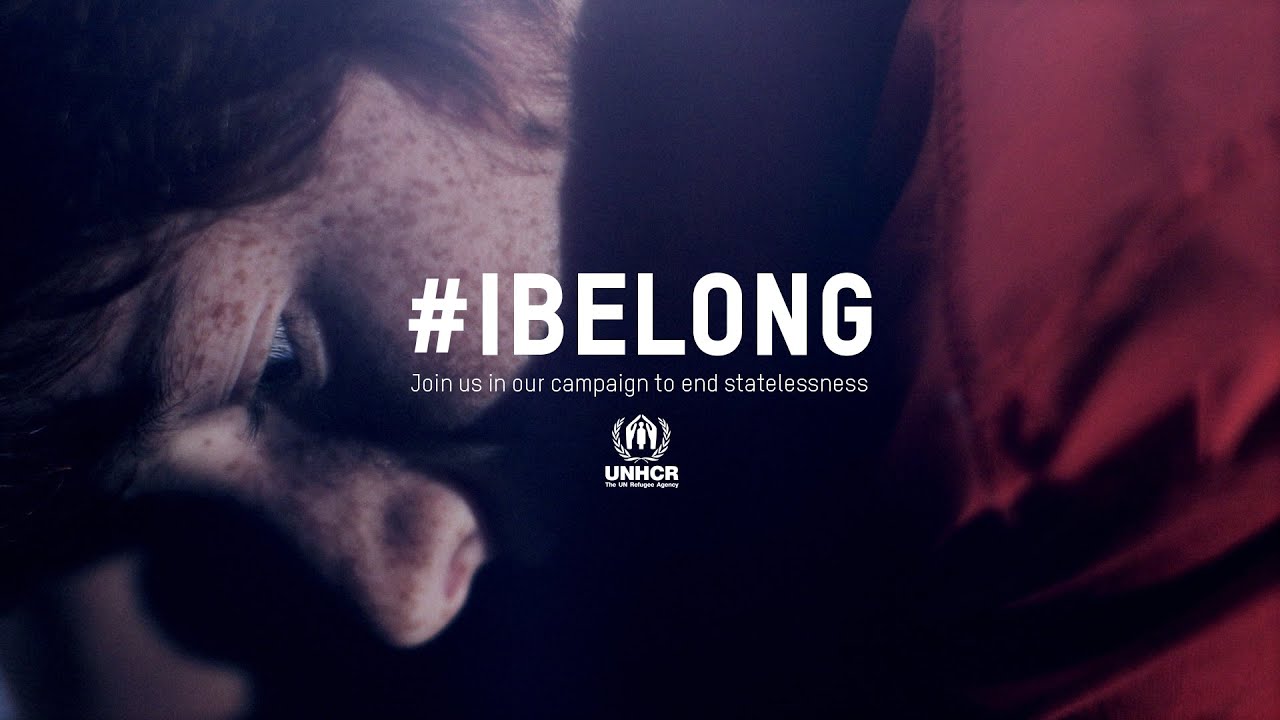
Some countries in our region – Azerbaijan, Armenia, Georgia, Latvia, Lithuania, Turkmenistan, and Ukraine – have acceded to the Convention on the Reduction of Statelessness, but few states have the legal framework to establish special procedures to determine the status of stateless people.
Russia is moving slowly along the path to ending statelessness. In February 2021, it adoptedamendments to the law “On the Legal Status of Foreign Nationals in the Russian Federation”. These amendments are aimed at legalizing stateless people, even though the authors ignored the point made by human rights defenders that the procedure for establishing identity must be improved because the law cannot operate without it.
The amendments to the law “On the Legal Status of Foreign Nationals” were a delayed and not wholly adequate response from Russia to the strategic decision of the ECtHR in the case of Kim v. Russia, in which the Court directed Russia to take general measures to ensure that stateless people can gain legal status and stop being placed in foreign national detention centers (FNDCs). Another aspect of the ECtHR ruling in the Kim case and the Constitutional Court ruling in the Mskhiladze case has unfortunately yet to be reflected in Russian law and practice: Judicial control over the legality and length of confinement in an FNDC has not been introduced, so people who cannot be expelled or deported anywhere are left indefinitely in worse than prison-like conditions with no access to legal assistance. The corresponding amendments to the Administrative Code have been under review since 2017 but have yet to be adopted.









 Feedback
Feedback 
